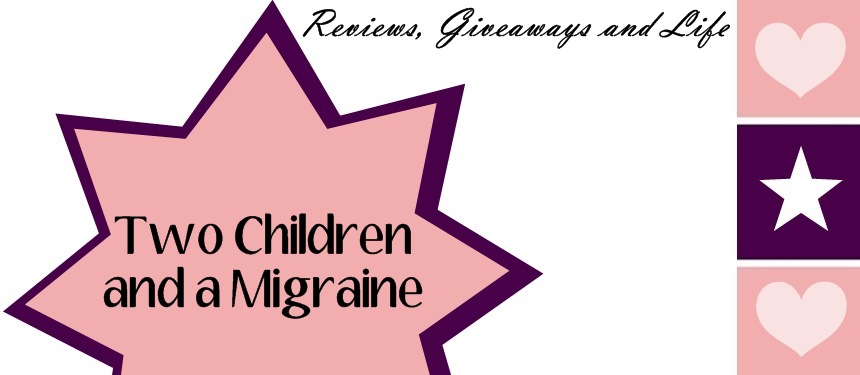Being a blogger I have days when my brain just does not know what to write or where to even start. I always wondered how authors do it and love that I am able to share some of the tips with my readers that work for the author of Hold Her Down! I will be posting my review later today so be sure to check it out! In the meantime why not check out the following tips from Kathryn R. Biel.
Hi all and thanks to Jayda at Two Children and a
Migraine for allowing me to guest post today. Today, I'm writing about
writing. More specifically, I'm writing about how to stay focused on
writing. When presented with this topic, I had a moment (or three) of
panic thinking, "Oh crap, how do I stay focused? I can't stay focused.
Where did I put my coffee? Oh, look the cat is being cute!
If
you're anything like me, focus is a luxury right up there with going to
the bathroom by myself—it doesn't happen very often. In spite of that,
I've managed to get three novels written, so I guess I must have found
something that works. Here are some strategies that seem to be working
for me:
· Writing sprints: There are a lot of online groups that do this. Basically, a time is set (usually about 20 minutes) and you write for that time, posting your word count at the end. This is great for busy people, especially those with the EDJ (Evil Day Job). The idea of writing for hours can seem daunting. Writing for 20 minutes seems so much more manageable.
· Set realistic goals. I am always amazed at these authors who crank out 10,000 words a day, EVERYDAY. I don't know how they do it (especially when they are still on social media a fair amount). Figure it this way: a novel should be 80,000-100,000 words long. Based on the NaNo goals, writing 50,000 words in 30 days puts you at needing to write 1,667 words per day for 30 days. At that rate, you can write your novel in about two months. If you can do three to four 20 minute writing sprints (at 500-600 words each) per day, you can accomplish writing a full length novel in about a two month time period. You do not need to write your novel in three weeks. If that pace is too high, give yourself a realistic goal for your life. Perhaps 1,000 words per day. But set the end bar so you keep focused.
· This advice I got from my friend and author, Dennis Mahoney (who may have gotten it from Neil Gaiman). Finish what you are working on, no matter how crappy it is. A finished crappy novel is better than several unfinished works. I used this advice when writing Hold Her Down. I was about 20,000 words in and stuck. I started writing another novel and got about 15,000 words in. Dennis asked the question, "Can all the things in both novels happen to the same character?" Yes, yes they could. That was what I needed to pull it all together and get over that hump. When tempted to jump around, ask yourself if all those things can happen to your current character. If not, write them down for later on and finish your current work.
· Write stuff down. I keep a notebook next to my bed and in my car. If an idea strikes me, I write it down. Then, when I'm writing, I look at the notebooks for prompts and hints, especially when I'm stuck. When trying to carve out writing time in a busy schedule, there is nothing more frustrating than staring at your screen thinking, "I know I had a good idea for this, but now what the heck was it?"
· This sounds so basic that it is stupid, but trust me, it will help. Disconnect your internet when you are writing. If you only have a short amount of time to write, it is so easy to get sucked into Facebook and Twitter and Pinterest. Before you know it, poof—your writing time is gone and all your have is eight more cake recipes that you'll never have time to try. Now, sometimes I need the internet when writing. I need to look things up or I do want to search Pinterest so I can find an outfit for my character to wear. But just be prepared that you will not have the word counts at the end of the session. There is no need to have Facebook or Twitter open when you are seriously trying to write. Also, I cannot write with the TV on. In order to have a writing career, I've given up watching most TV shows. It has not been much of a sacrifice, even though I am a former TV-addict.
· Read. It is hard to read when I'm writing, but reading a good book motivates me to want to write better. I want to be as good as that author. Also, reading bad books motivates me to get my book done, because if that person can get their book out there to the world, then so can I.
I hope these tips are somewhat helpful in helping you to get writing and stay writing. Remember, every book was written one word at a time. Just keep writing words and it will happen.
No compensation was received for this post, but a book for review purposes.




























No comments:
Post a Comment